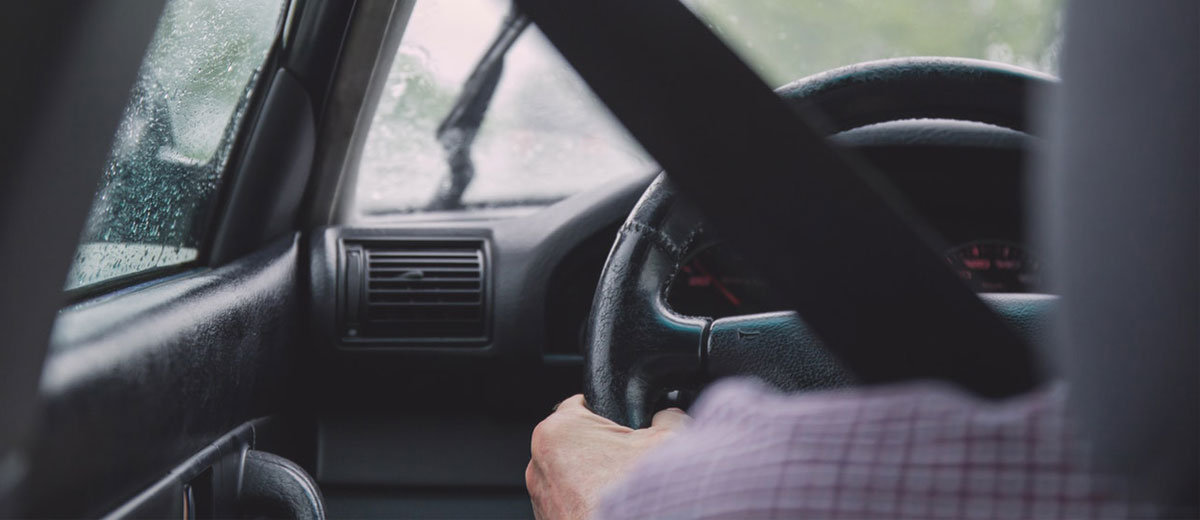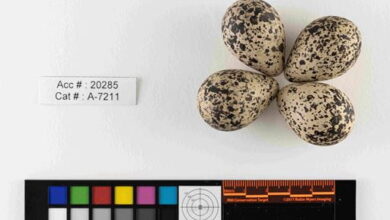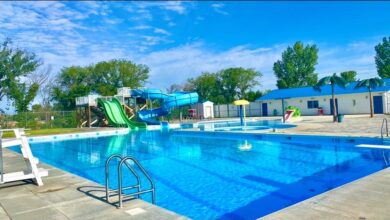
The REAL legal limit in Province is lower than .08 BAC
When individuals use the phrase “driving over the legal limit,” they typically refer to surpassing a blood alcohol content (BAC) of .08. Although exceeding .08 results in criminal charges, Saskatchewan enforces penalties for driving under the influence of alcohol or drugs before reaching that point.
For the March Traffic Safety Spotlight, SGI and law enforcement aim to address the REAL legal limits. Under Saskatchewan law, seasoned* drivers cannot legally operate a vehicle with a BAC of .04 or higher, while novice drivers are prohibited from having any alcohol in their system. The zero-tolerance policy applies to drugs for all drivers.
SGI President and CEO Penny McCune stated, “Saskatchewan has some of the toughest administrative penalties for impaired driving in the country. We want people to be aware of the provincial limits—and the consequences for exceeding them—so drivers will make good choices.” In 2022, police handed out 1,968 short-term licence suspensions to drivers who exceeded provincial limits for alcohol or drugs.
Driving under the influence of alcohol or drugs has both financial and inconvenient repercussions. In addition to losing their driver’s licence or vehicle, drivers must cover the expenses of the DWI program. Registered owners are also responsible for towing and storage fees for their impounded vehicle. Depending on the driving record, drivers may face lost insurance discounts or additional financial penalties due to demerits with the Safe Driver Recognition program.
While the consequences vary based on several factors (driver’s experience, number of repeat offences, whether the driver was transporting passengers under the age of 16), a driver caught driving with a BAC between .04 and .08 — or with drugs in their system — will face:
-Immediate roadside licence suspension (starting at three days for an experienced driver and 60 days for a new driver);
-Immediate vehicle impoundment, minimum of three days;
-Mandatory impaired driving education program (a weekend-long “Driving Without Impairment” [DWI] course for a first offence);
-Four Safe Driver Recognition demerit points; and,
-Mandatory Ignition Interlock for a third or subsequent offence.
*New drivers are 21 years old and under, or anyone who is a Learner, Novice 1 or Novice 2 under SGI’s Graduated Driver Licensing programs. Experienced drivers are 22 years old or older and are no longer a Learner or Novice.
**Zero tolerance means that drivers should not get behind the wheel with any level of impairing drugs in their system detectable by a federally-approved screening device, or a standardized field sobriety test.
SGI’s website provides more information on the consequences for seasoned and novice drivers.








































